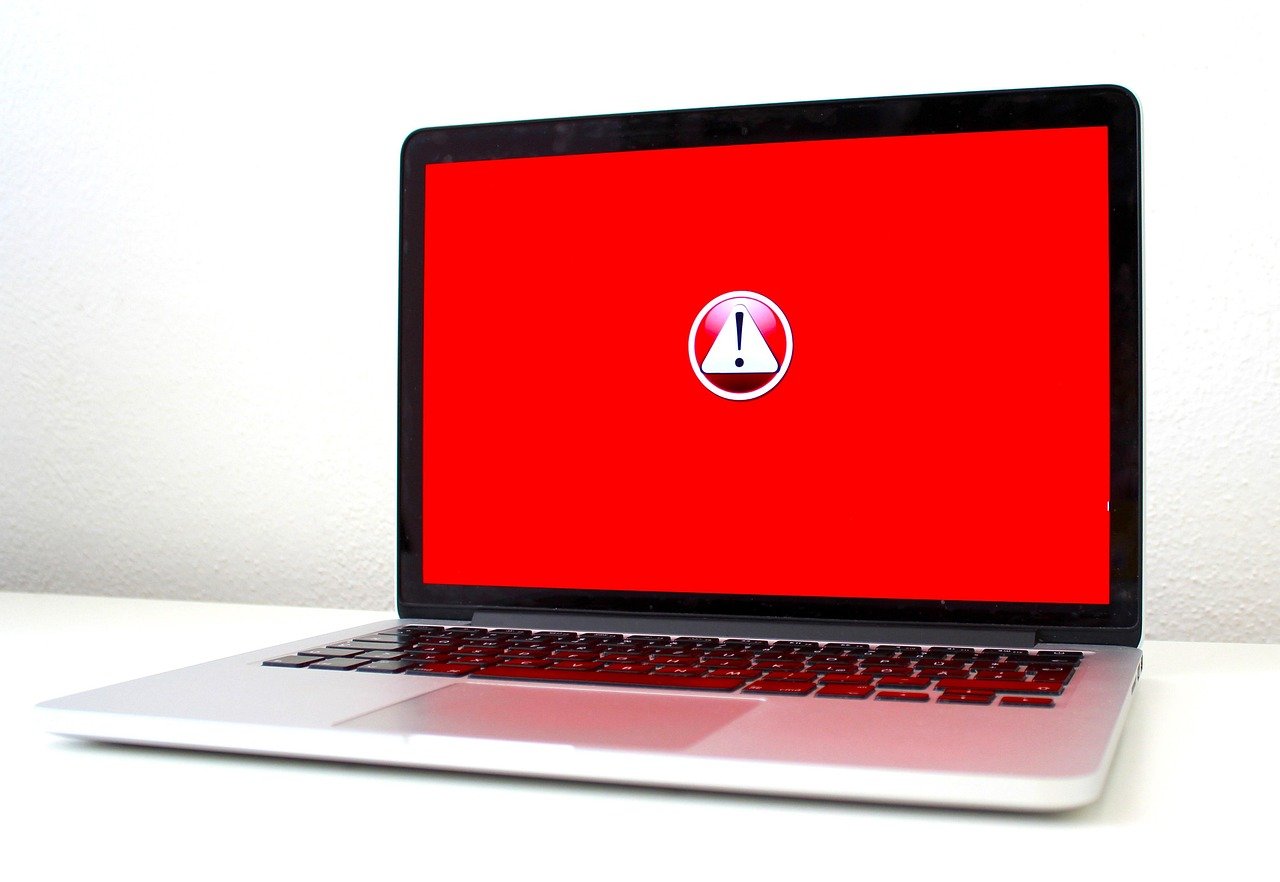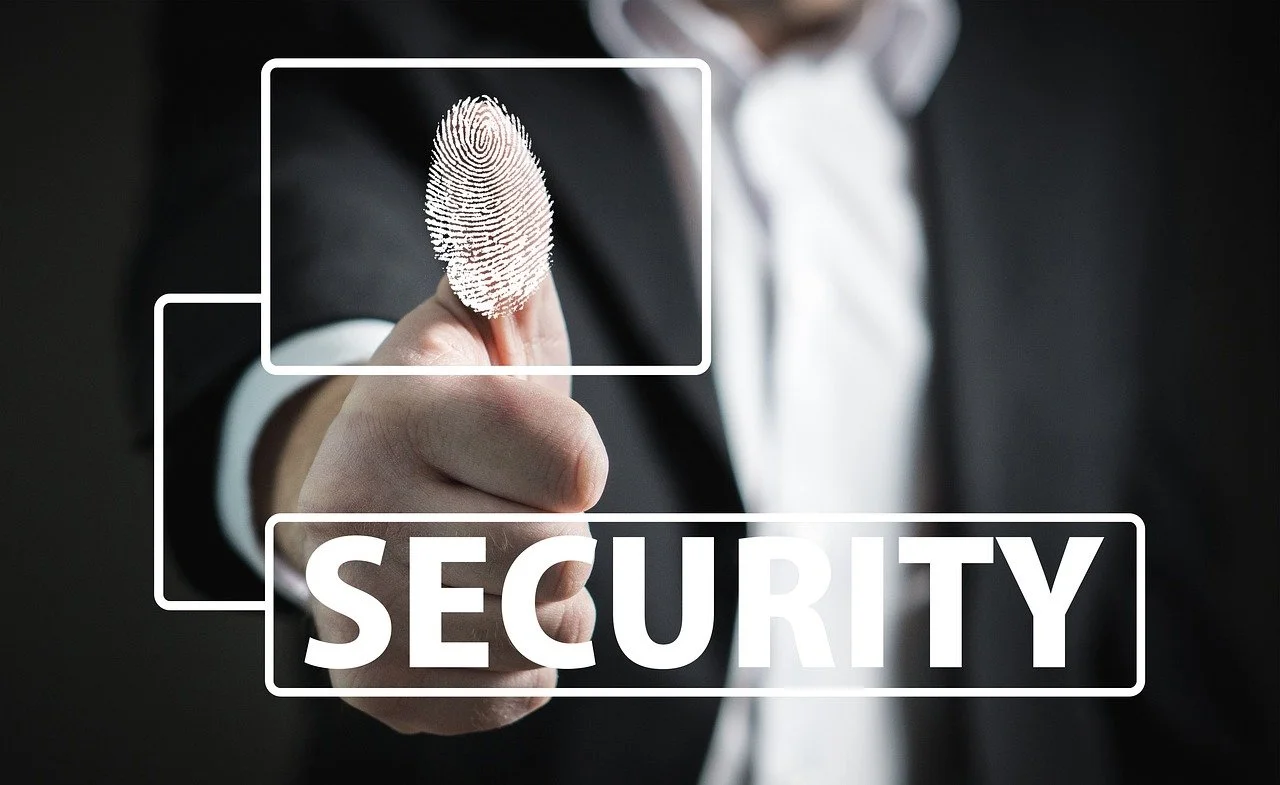
Blog
Women in Cybersecurity: Addressing the Talent Gap
This blog examines the cybersecurity talent gap, highlights the critical role women play in strengthening security teams, and offers actionable strategies for organizations looking to build more diverse and effective cybersecurity workforces.
Navigating the Intersection of Privacy and Personalization in Financial Tech
This blog explores how financial services firms can deliver personalized client experiences while maintaining strict data privacy standards and regulatory compliance.
The Growing Importance of Data Residency in Financial Compliance
This blog examines why data residency has become a critical compliance concern for financial services firms and how to build a strategy that keeps your organization aligned with evolving regulations.
How to Protect Your Business From Valentine's Day Phishing Scams
Is your business prepared for the surge in phishing scams around Valentine's Day? Learn how to protect your team and data this season.
Ransomware Recovery Strategies for Financial Services Firms
Effective ransomware recovery for financial services requires comprehensive backup strategies, tested incident response plans, and regulatory-compliant procedures that enable rapid restoration of critical operations.
Understanding Container Security in Modern DevOps Environments
Container security requires comprehensive protection across the entire application lifecycle, from image creation through runtime monitoring and incident response in production environments.
Managing IT Staff Burnout After the Holiday Season
Post-holiday burnout affects IT teams through accumulated stress, delayed projects, and the intensity of returning to normal operations after extended coverage periods.
Essential IT Security Assessment Steps for Financial Institutions
A comprehensive IT security assessment helps financial institutions identify vulnerabilities, maintain regulatory compliance, and protect sensitive customer data from evolving cyber threats.
Leveraging AI-Driven Analytics for Financial Services Risk Management
AI-driven analytics is revolutionizing financial services risk management by enabling institutions to identify emerging threats, predict potential issues, and make more informed risk decisions.
Planning Your IT Budget for Small Businesses
Effective IT budget planning helps small businesses maximize technology investments, balance competing priorities, and ensure resources align with strategic business objectives.
Setting Goals for Financial Services with a Year-End IT Review
A year-end IT review provides financial services firms with the strategic insights needed to set meaningful technology goals that drive business growth and enhance operational efficiency.
Building a Comprehensive Data Governance Framework
Building a comprehensive data governance framework is essential for financial institutions to manage data effectively, maintain regulatory compliance, and protect sensitive information.
Financial Service IT Trends for 2026
Discover the IT trends that will define financial services in 2026, from artificial intelligence and quantum computing to enhanced cybersecurity and regulatory technology.
Preparing Your Financial Services IT for Holiday Season Traffic Spikes
Discover essential strategies for preparing financial services IT systems to handle holiday season traffic spikes while maintaining performance, security, and reliability.
The Role of IT in Government Digital Transformation
Explore how information technology is driving government digital transformation, improving citizen services, and modernizing public sector operations for the 21st century.
Demystifying SASE (Secure Access Service Edge) for SMBs
Discover how SASE (Secure Access Service Edge) transforms network security for small businesses by combining cloud-based networking and security services.
Enhancing Financial Service Business Agility Through IT Automation
Explore how strategic IT automation transforms financial services operations, enabling greater agility, compliance efficiency, and competitive positioning in today's dynamic market.
Cybersecurity Awareness Month: Key Takeaways for Your Business
Learn the most critical cybersecurity lessons from this year's awareness initiatives and how to implement them to strengthen your business's security posture.
How to Build a Proactive IT Maintenance Schedule for Financial Services
Discover how to create a comprehensive proactive IT maintenance schedule that protects your financial services firm from costly downtime while ensuring regulatory compliance.
The Role of IT in E-commerce Growth
Discover how strategic IT investments transform e-commerce operations, driving sales growth through enhanced performance, security, and customer experience optimization.




















